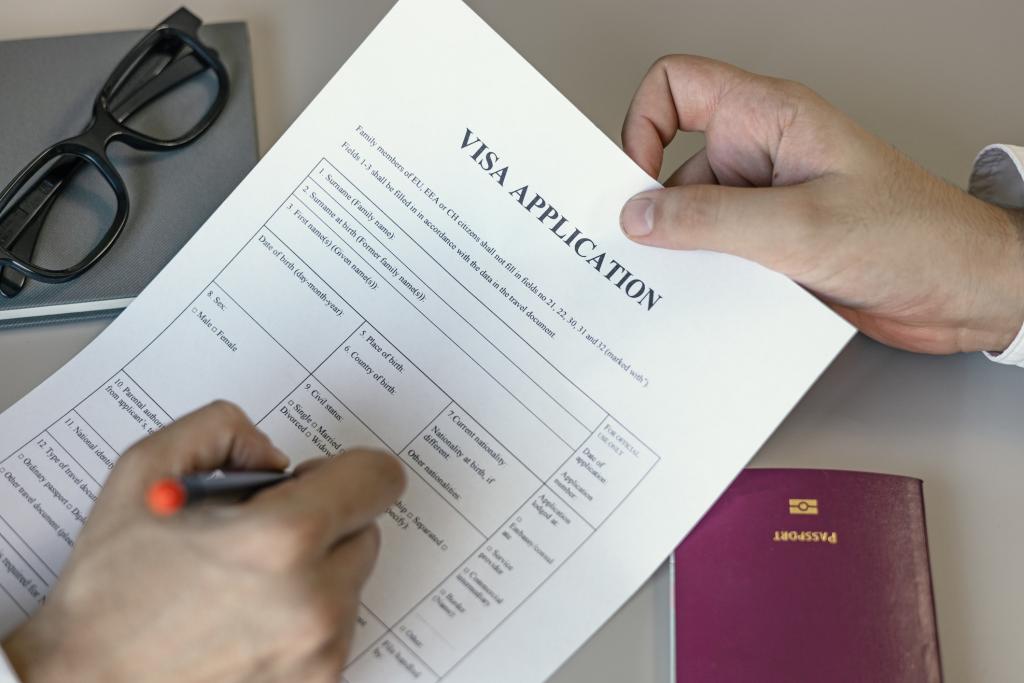
The long-awaited report from the Migration Advisory Committee, advising the Government on the financial requirement under Appendix FM (partner visas – visas for fiancées, spouses and unmarried partners), has been published today.
The Labour government’s approach to all visas, including family visas, has been under intense scrutiny since they stated their commitment to reduce net migration. Their predecessors, the Conservatives, had intended to increase the financial requirement significantly. The financial requirement is the amount a couple would need to evidence in income (be it through employment, self-employment, rental income amongst other sources) or hold in cash savings, in order to be eligible for the partner route to settlement in the UK.
The financial requirement currently sits at £29,000 for income and £88,500 for cash savings. Under the Conservatives this had already increased once (from a £18,600 income requirement) and the intention had been for this to increase again, eventually reaching £38,700 for the income requirement. This would bring it in line with other visa routes such as the Skilled Worker route.
However, when Labour came to power, they paused this planned increase and requested that the Migration Advisory Committee (the ‘MAC’) conduct a consultation and review the figures. The result of the MAC’s consultation has been published today.
The conclusions of the report
The report has concluded that raising the income threshold for family visas to £38,700, as previously proposed, is too high and could breach Article 8 of the European Convention on Human Rights, which protects the right to private and family life.
Importantly, the MAC suggested lowering the threshold to below the £29,000. They propose several figures based on the Government’s priorities, but ultimately, they recommend a reduction.
For example, the report suggests that if the Government “wants to ensure families take responsibility for supporting themselves by requiring the sponsor to work but not necessarily requiring them to command a salary above the minimum wage” then a figure of between £23,000 – £25,000 would be appropriate. This would ensure families can support themselves without imposing excessive financial burdens.
However, the report also suggests that, should the Government wish to prioritise “a living-standards approach that puts more emphasis on economic wellbeing and less on family life”, figures between £24,000 – £28,000 could also be justified.
Economic and Migration Implications
The MAC noted that lowering the financial requirement could lead to a modest increase in net migration. For instance, reducing the threshold to £24,000 might result in a 1-3% rise in projected future net migration. This will be something the Government will consider as they attempt to balance facilitating family life for people already settled in the UK, and their pledge to further limit immigration levels.
Regional Considerations
Whilst the MAC did recommend maintaining a uniform income requirement across the UK for now, it suggested that considering regional variations in the future may help to alleviate some unfairness. This approach would address disparities in living costs and salaries for applicants outside London and the South East. However, there are significant practical issues to consider if this approach was to be implemented.
Moving Forward – Partner Visas
As the government reviews these recommendations, it faces the challenge of aligning immigration policy with legal obligations and public expectations. At this point, the extent to which the Government will implement these proposals is unknown. Whatever the Government decide to do, the outcome will significantly impact thousands of families seeking to live together in the UK.
Here at Stephens Scown, we help many families navigate Appendix FM and other family-based types of application. If you require assistance or would like to speak with one of our advisors, please contact our Immigration team [email protected] or call 01392 210700.
